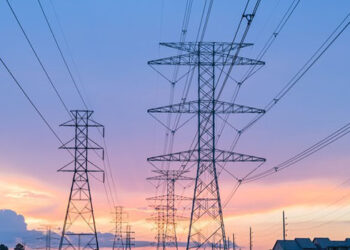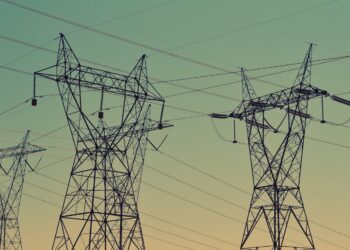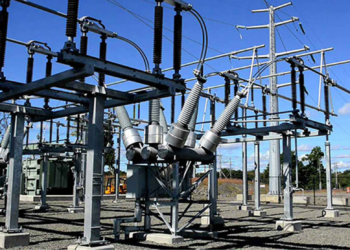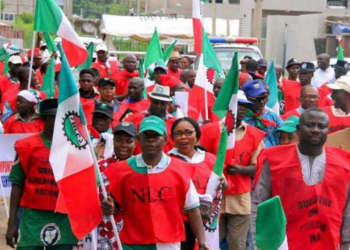The cost of running diesel generators in Nigeria is four times the cost of electricity tariff per kilowatt hour.
This is according to the November 2023 Africa Energy Review report by PricewaterhouseCoopers.
In the report, it was stated that most businesses and affluent families In Nigeria can afford to resort to using their own generators due to the instability and lack of capacity on the national grid even though the cost of running diesel generators is 4 times that of the electrical tariff per kilowatt hour.
According to the PwC report, frequent power outages persist in the region, leading to ‘system’ collapses in Nigeria multiple times yearly, so, diesel and petrol generators have become a common alternative due to the unstable national grid.
Note that in the diesel price watch report released by the National Bureau of Statistics (NBS), Nigerians paid an average of N1004 per liter for diesel as of October 2023.
Nigeria’s grid uses only 31% of power generated
The PwC report further highlights the fact that Nigeria’s national grid capacity lags far behind South Africa and Egypt, standing at 13,128 megawatts (MW).
It noted that mismanagement, corruption, and insufficient maintenance reduce the grid’s effective availability, resulting in only 31% of the power generated being utilized.
Meanwhile, the electricity tariffs in Nigeria are set below the cost of generation and distribution for socio-political reasons, impacting the sustainability of the network and dissuading private investment.
This, coupled with poor revenue recovery, escalates risks and reduces private investment inclination.
Recall that earlier this month, it was said that the federal government plans to spend N900 billion to subsidize electricity for Nigerians in December 2023, due to the current economic downturn in the country.
The African Electricity Context
The PwC report also highlighted a glaring disparity in electricity consumption, revealing that Africa, with 17.2% of the global population, only consumes a mere 3.1% of the world’s electricity, making it the least consuming region globally as of 2019.
This scarcity of access is further exacerbated by low consumption rates, often falling below the global average, largely due to frequent power outages.
The report noted further that even in countries like Nigeria and South Africa which are industrial powerhouses on the continent, electricity infrastructure struggles to meet the soaring demand.
For instance, Nigeria, with a population of 206 million, possesses a meager power generation capacity of just 12 gigawatts (GW), significantly below its requirements.
This issue is particularly critical in sub-Saharan Africa, where roughly half the population lacks access to electricity. This challenge is a self-perpetuating cycle; inadequate energy infrastructure dissuades investment, rendering projects less viable, and riskier.
Private sector investors, historically contributing only about 10% of infrastructure funding in Africa, find the investment landscape challenging due to this weak infrastructure.
This infrastructure encompasses not just electricity grids but also crucial public services such as trained utility workers, water resources, and public safety.
Africa’s energy infrastructure has suffered from persistent underinvestment, receiving only a fraction of global energy investment over the past decade. A mere 0.5% was directed towards transmission and distribution networks.
During a recent interview with Arise News, Nigeria’s Power Minister, Adebayo Adelabu said that the problem with the country’s electricity sector is the transmission and distribution sub-sectors.
According to him, substations, power lines, and transformers across the country are in poor condition due to the fact that they are weak and dilapidated.
However, he stated that the government has been consistently investing in infrastructure development in recent years. Adelabu expressed confidence that the impacts of these investments will soon become visible to Nigerians.






















Power is not a complex tech, the reason we are all in darkness is more political than we think. Our leaders should be covered in shame, I still maintain that if we have steady power half of the problem in this nation we be solved automatically.